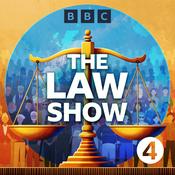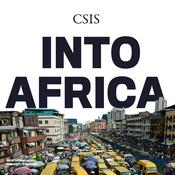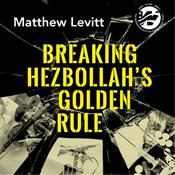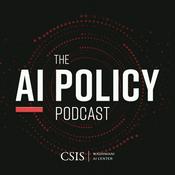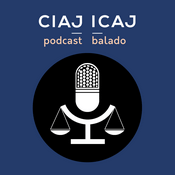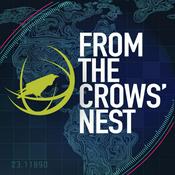117 episodes
- We're back for another live show at the Northwestern Pritzker School of Law, hosted by the Northwestern Federalist Society! We discuss the term's two Second Amendment arguments -- first recapping the oral argument in Wolford v. Lopez, featuring Hawaii's law about getting consent to bear arms on private property; and then previewing the oral argument in United States v. Hemani, about the ban on possession of guns by drug users.
- With shocking and uncharacteristic efficiency, we manage to discuss three merits opinions and one orders list dissent in only 47 minutes. Specifically, we revisit Coney Island Auto Parts Unlimited, Inc. v. Burton (time limits for moving to vacate void judgments) and break down Berk v. Choy (an Erie doctrine puzzle), and Ellingburg v. United States (criminal restitution and the Ex Post Facto Clause), while also managing to discuss Justice Jackson's broadside against the Court's practice of "martinization."
- We didn't get the tariffs decision this week, but we discuss two of the opinions we did get -- Bost v. Illinois Board of Elections, a decision about standing and election law, and Case v. Montana, a rare Fourth Amendment case -- in a remarkably efficient episode (after a brief detour into Grok's jurisprudence and the announcement of a major gift to the Constitutional Law Institute).
- We're back with the first episode of the new year, breaking down the interim docket opinion/order in Trump v. Illinois, the national guard case, after first warming up with new Erie scholarship, state criminal jurisdiction over federal officers, and some recent online discourse.
More Government podcasts
Trending Government podcasts
About Divided Argument
An unscheduled, unpredictable Supreme Court podcast. Hosted by Will Baude and Dan Epps.
Podcast websiteListen to Divided Argument, The Interview and many other podcasts from around the world with the radio.net app

Get the free radio.net app
- Stations and podcasts to bookmark
- Stream via Wi-Fi or Bluetooth
- Supports Carplay & Android Auto
- Many other app features
Get the free radio.net app
- Stations and podcasts to bookmark
- Stream via Wi-Fi or Bluetooth
- Supports Carplay & Android Auto
- Many other app features


Divided Argument
Scan code,
download the app,
start listening.
download the app,
start listening.







